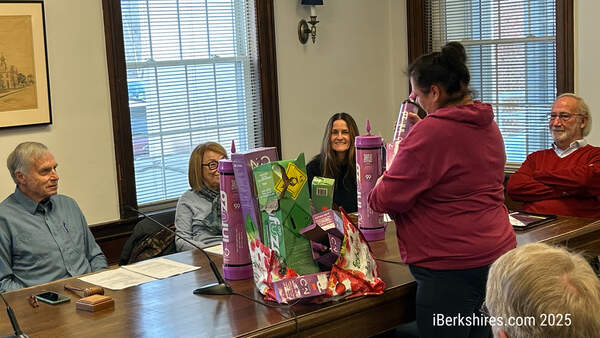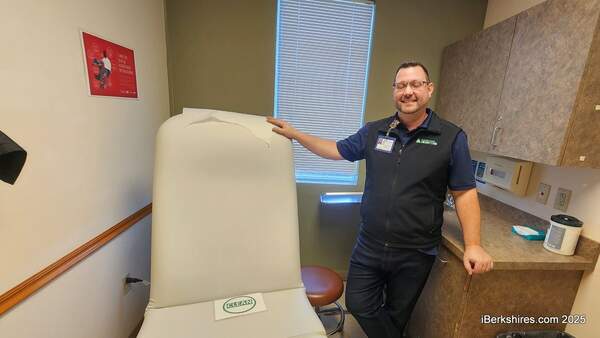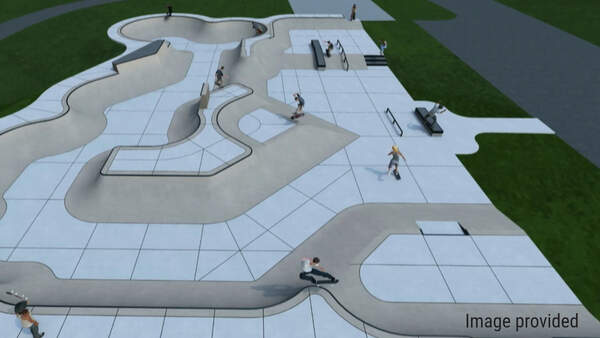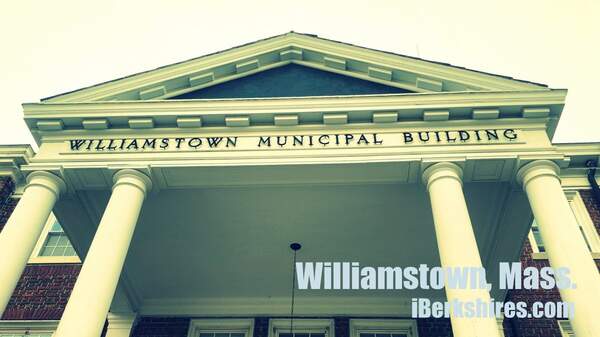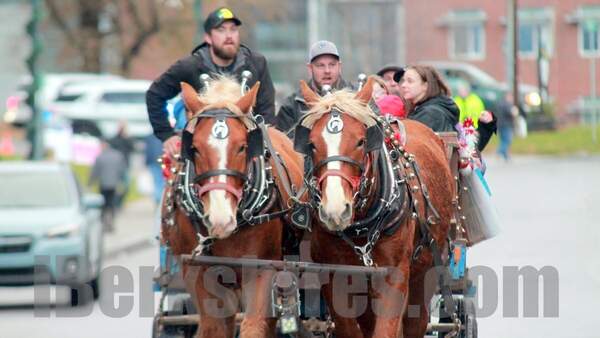Eight Williams Seniors Win Fellowships for PostGrad Study at Cambridge
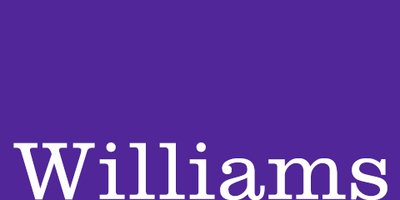 |
WILLIAMSTOWN, Mass. — Williams College has announced the winners of the Dr. Herchel Smith Fellowship for graduate study at Cambridge University's Emmanuel College.
The eight seniors awarded the fellowship are Noah Betz-Richman, Krista Gelev, Eleanor Lustig, Jonathan Meng, Samuel Reinert, Thomas Riley, Samuel Swire and Angela Yeo.
Betz-Richman, a philosophy major from Minneapolis, Minn., will pursue a master of philosophy in history and the philosophy of science. At Williams, he was a student representative to the Philosophy department as well as a teaching assistant for the course, Philosophy 115: Personal Identity. With a Colin and Lilli Roche Student Research Program Fellowship, Betz-Richman spent last summer researching materials related to the philosophy of mind and language. In 2015, he served as a research assistant at the Williamstown Historical Museum, where he contributed articles to the museum's newsletter. After Cambridge, Betz-Richman hopes to pursue a doctorate in philosophy.
Gelev is a double major in art history and French from Los Angeles. She will pursue a master of philosophy in the history of art and architecture, studying under Cambridge professor Caroline van Eck, a specialist in 18th- and 19th-century architectural theory and historiography. At Williams, Gelev pursued her passion for art and graphic design, creating original posters, publications, and brand identities for campus organizations, departments, and staff. After completing her degree at Cambridge, she plans to pursue a master's program in graphic design, either in the United States or Europe.
Lustig is a double major in environmental studies and mathematics from Wenham. She will pursue a master of philosophy in development studies, an interdisciplinary program involving research, lectures, and seminars. Lustig is a member of the Phi Beta Kappa Society and a recipient of the Bostert Fellowship. At Williams, she was a student consultant at the college's Center for Learning in Action and co-president of WRAPS, a student-run organization that distributes surplus food within the local community. Lustig is also a co-founder of the Campus Kitchens Project, a national network of food recovery programs on college campuses.
Meng, of Canyon Country, Calif., is a double major in chemistry and mathematics. He aims to apply a master of philosophy in chemistry to advance understanding of Parkinson's and other neurodegenerative diseases. As an undergraduate, Meng completed internships at Stanford Amgen, Scripps Research Institute REU Program, the Prostate Cancer Foundation, and the UCLA School of Medicine. At Williams, he was a chemistry research assistant and volunteered at several community organizations in the Berkshires. Meng is the recipient of numerous awards, including a Barry M. Goldwater Scholarship, Class of 1960 Chemistry Scholar, the Harold H. Warren Prize in Organic Chemistry, and a Herbert H. Lehman Scholarship.
Reinert, a double major in English and philosophy from Dallas, Pa., plans to pursue a master of philosophy in Anglo-Saxon, Norse and Celtic. As an undergraduate at Williams, Reinert participated in the Williams-Exeter Programme at Oxford, where he studied Old English language and literature, Middle English literature, Old Norse language and literature, and works by J.R.R. Tolkien. His English honors thesis provided an analysis of medieval Icelandic outlaw sagas using Queer Theoretical lenses to explore issues of liminality and unstable identity.
Riley, a double major in history and biology from Baltimore, Md., will pursue a master of philosophy in the history and philosophy of science and medicine. As an undergraduate, Riley was a research assistant at Johns Hopkins Hospital and a research analyst at Gro Intelligence in New York City. At Williams, he was co-president and director of public relations for Circle of Women, an organization that strives to provide girls in developing countries with access to secondary education. He also played on the varsity men's lacrosse and track and field teams. In addition, he was the 2017 men's track team captain.
Swire is an English major from Bethesda, Md. He will pursue a master of philosophy in Hebrew and Semitic studies, working with faculty to undertake a historical, philological and philosophical investigation of pain-language in Jewish literature. At Williams, he was treasurer of the Williams College Jewish Association and as a representative for the college's Minority Coalition. Swire was also a research fellow in the English department and a research assistant in the chemistry department. His honors and awards include the Dunbar Student Life Essay Prize, the Bronfman Hebrew Language Study Fellowship, and the English Department Class of 1960 Scholars.
Yeo, of Moultonborough, N.H., is a double major in philosophy and classics. At Cambridge, she intends to pursue a master of philosophy in classics. As an undergraduate at Williams, Yeo was a teaching assistant in the philosophy, classics, and history departments. In addition, she was actively involved in programs related to sexual assault prevention. Yeo hopes that her post-graduate degrees will enable her to further develop her theoretical moral convictions and apply them to pressing societal problems. Her numerous awards and honors include a Roche Fellowship, the David Taggart Clark Prize in Latin, and a Patrick Family Scholarship, among others.
The Dr. Herchel Smith Fellowships were established in 1979 by Smith to enable Williams graduates to study at Emmanuel College at Cambridge University for the two years following their graduation.
Tags: Williams College,

